Assign the authority to manage and use the teaching staff to the Director of the Department of Education and Training.
The draft Resolution proposes 6 key policy groups. In particular, regarding human resources and management of educational institutions, the policy stipulates that the direct management agency shall appoint leaders of educational institutions, and at the same time assigns the Director of the Department of Education and Training the authority to manage and use the team of teachers, staff, and employees of preschools and general schools. The Minister of Education and Training shall issue standards and criteria for the Director of the Department of Education and Training.
The draft Resolution also proposes a specific human resource policy including preferential allowances for teachers, a flexible recruitment and remuneration mechanism to attract high-quality human resources and a co-operative mechanism in exploiting human resources. The policy aims to build a team of teachers and managers that is sufficient in quantity, synchronous in structure, meets regional and international standards, and meets the requirements of innovation and integration.
The Minister of Education and Training is responsible for a unified set of textbooks.
Regarding the program, content and mechanism for education development, the policy stipulates that the Government decides on major policies, reforms of education programs, mechanisms for ordering training with enterprises and systems for recognizing learning outcomes, credits, certificates, skills, ensuring connectivity and lifelong learning. The Minister of Education and Training reports annually to the Government, directs the innovation of preschool programs, allows piloting of new education models, Vocational Skills Councils, and open, flexible university programs linked to the labor market. The Minister of Education and Training is responsible for deciding on a unified set of general education textbooks, and reviewing and editing content to suit reality.
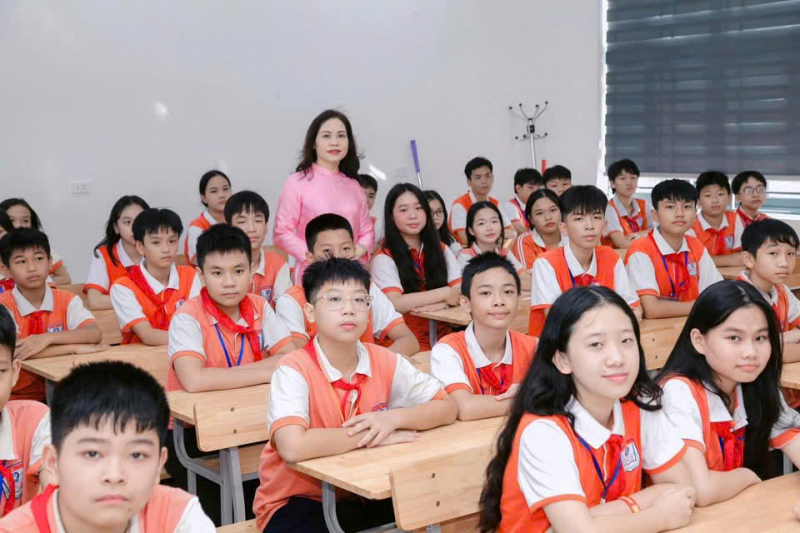
The Government details the policy on applying special mechanisms in training in culture, arts, high-performance sports, journalism and publishing, with selection based on aptitude, specific professional standards, investment priority and performance-based remuneration. Regarding digital transformation, science and technology development and innovation in education, the policy is to pilot the State-school-enterprise cooperation model to build a smart national education platform, serving administration, innovation in teaching, testing and assessment.
Develop a national education and human resources information system, connect with the labor market database and science and technology data to forecast human resource supply and demand, and improve management efficiency. Pilot the mechanism of using the budget and mobilizing domestic and foreign experts to develop strategic technology, deploy the digital university model, and share resources among training institutions. At the same time, build a tripartite cooperation mechanism to invest in shared laboratories, enhance training, research and technology transfer, and prioritize key areas.
Establishment of a National Scholarship Fund to support the development of high-quality human resources
Regarding international integration in education and training, the pilot policy of visa exemption and work permit exemption for 5 years for foreign experts and scientists with doctoral degrees participating in management, teaching and research at higher education and vocational training institutions. Some key higher education institutions are authorized to confirm cases of foreign experts and scientists not subject to work permit issuance and are responsible for the legality of their degrees and working conditions. Educational institutions are allowed to organize international conferences and seminars according to regulations without permission, only need to notify the Ministry of Education and Training and the provincial People's Committee. The policy encourages cooperation between Vietnamese higher education institutions and foreign universities in the top 500 in the world to establish branches in Vietnam under the PPP method. At the same time, international students studying in Vietnam are allowed to work up to 20 hours/week.
Regarding the National Scholarship Fund, the policy stipulates the establishment of a National Scholarship Fund under the Ministry of Education and Training, with sources formed from the state budget, contributions, sponsorships, aids and other legal sources. The Fund is responsible for granting scholarships for talents, supporting the development of high-quality human resources; encouraging learning and research of students, teachers; supporting the development of vocational skills associated with the needs of the labor market and international integration. At the same time, the Fund effectively promotes funds for encouraging learning, encouraging talents, and developing skills from the budget and socialization. The Government promulgates regulations on the organization, management and use of the Fund to ensure publicity, transparency, efficiency, independent audit and stipulating the responsibility for coordination and supervision between the Ministry of Education and Training, the Ministry of Finance and relevant agencies.
Universalizing high school by 2045; exempting tuition fees for National Defense and Security Education
Regarding finance and investment in education and training, the policy stipulates that the state budget allocates at least 20% of total expenditure for education, of which development investment expenditure is at least 5%, and university education expenditure is at least 3%. Prioritize the budget for preschools, general education, and particularly difficult areas, while ensuring investment in universities, vocational training, and continuing education in the direction of high-quality human resources. Develop a special financial mechanism to implement compulsory education after junior high school by 2030, universal high school education by 2035, support key facilities, science and technology, and specialized education. Ensure free textbooks before 2030, and free tuition for National Defense and Security Education. Implement outstanding incentives on land, taxes, and facilities, and grant medium-term public investment authority to the Directors of the National Universities of Hanoi and Ho Chi Minh City.
Source: https://cand.com.vn/giao-duc/de-xuat-co-che-chinh-sach-dac-thu-de-phat-trien-dot-pha-giao-duc-va-dao-tao-i782673/


![[Photo] The 4th meeting of the Inter-Parliamentary Cooperation Committee between the National Assembly of Vietnam and the State Duma of Russia](https://vphoto.vietnam.vn/thumb/1200x675/vietnam/resource/IMAGE/2025/9/28/9f9e84a38675449aa9c08b391e153183)
![[Photo] High-ranking delegation of the Russian State Duma visits President Ho Chi Minh's Mausoleum](https://vphoto.vietnam.vn/thumb/1200x675/vietnam/resource/IMAGE/2025/9/28/c6dfd505d79b460a93752e48882e8f7e)


![[Photo] National Assembly Chairman Tran Thanh Man presided over the welcoming ceremony for Chairman of the State Duma of the Russian Federation Vyacheslav Volodin](https://vphoto.vietnam.vn/thumb/1200x675/vietnam/resource/IMAGE/2025/9/28/889b54ac5cd440099ddc618c99663612)
![[Photo] Joy on the new Phong Chau bridge](https://vphoto.vietnam.vn/thumb/1200x675/vietnam/resource/IMAGE/2025/9/28/b00322b29c8043fbb8b6844fdd6c78ea)



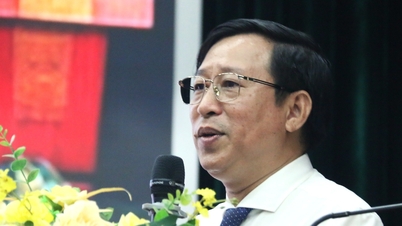


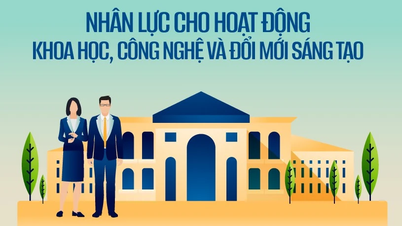






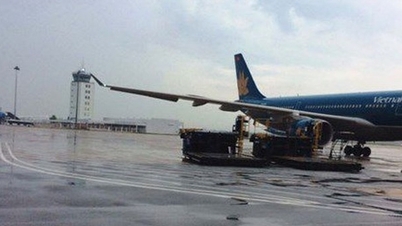

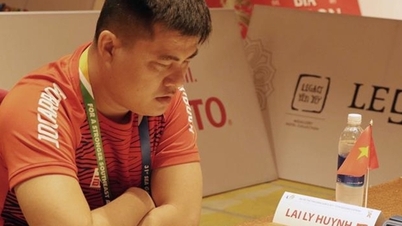






























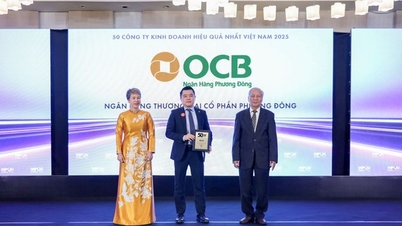




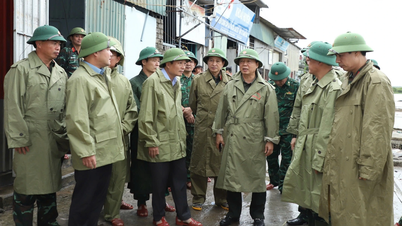
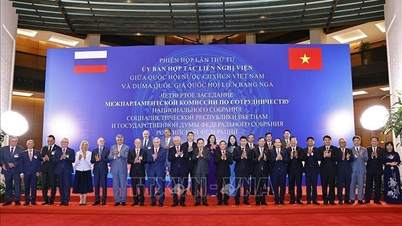


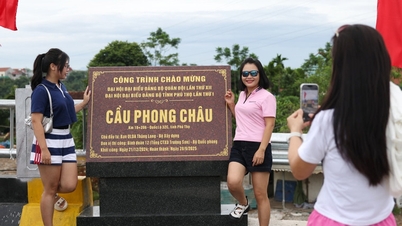








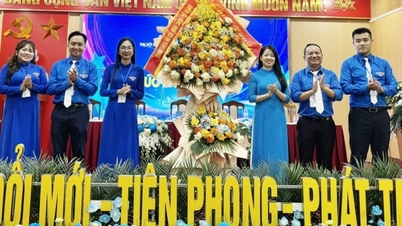
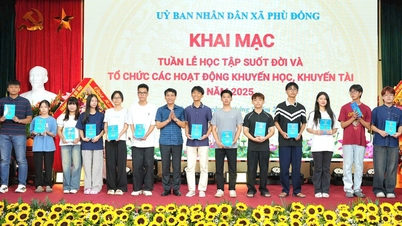
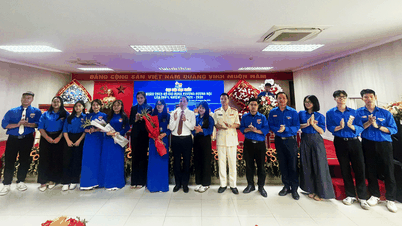
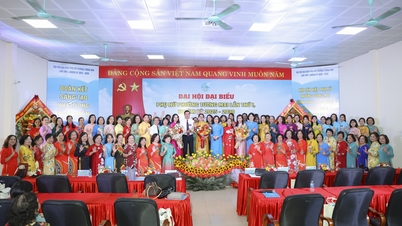












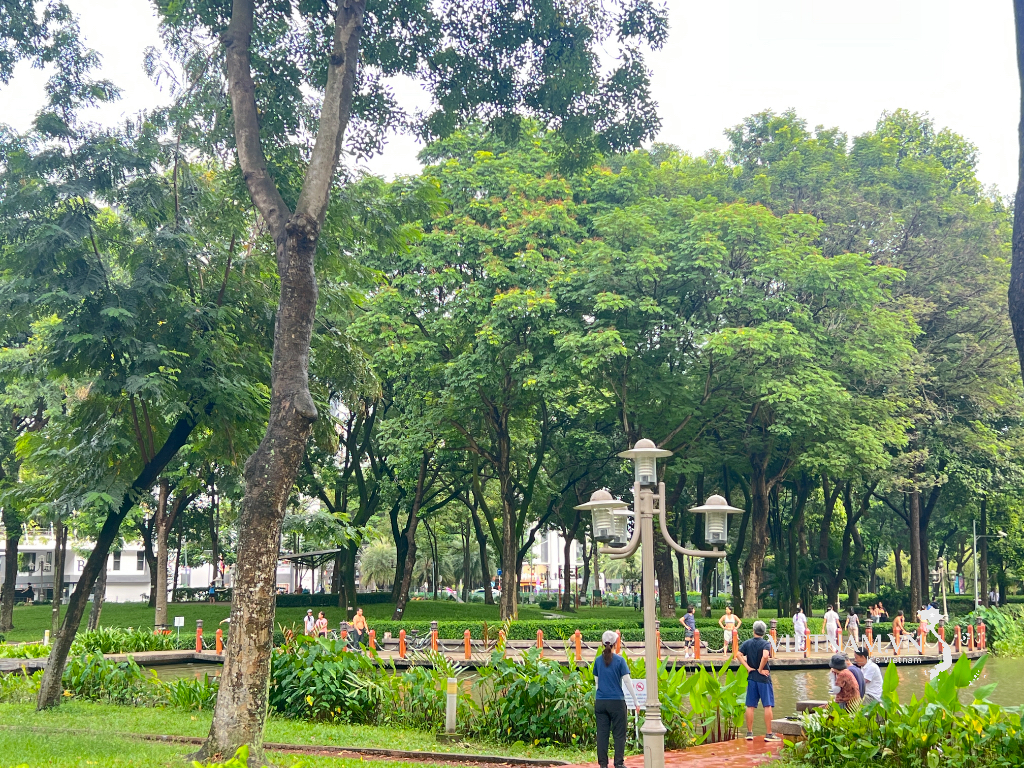


Comment (0)